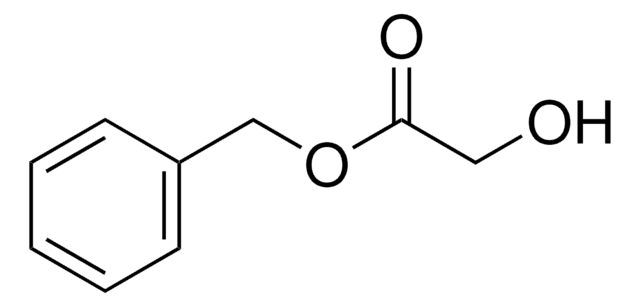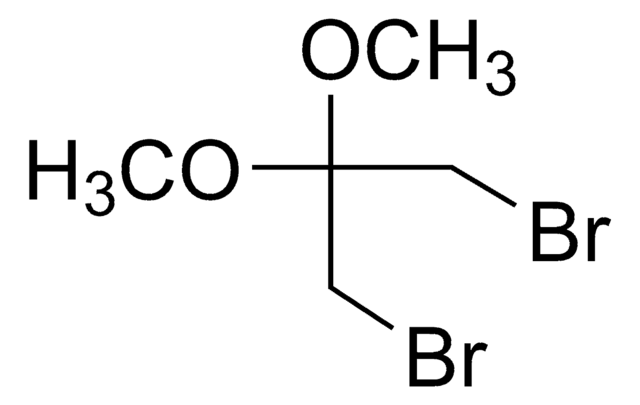About This Item
Recommended Products
assay
97%
refractive index
n20/D 1.453 (lit.)
bp
89-90 °C/10 mmHg (lit.)
density
1.252 g/mL at 25 °C (lit.)
storage temp.
2-8°C
SMILES string
ClCCCCOC(Cl)=O
InChI
1S/C5H8Cl2O2/c6-3-1-2-4-9-5(7)8/h1-4H2
InChI key
OTDWRXBRYNVCDN-UHFFFAOYSA-N
General description
signalword
Danger
hcodes
Hazard Classifications
Acute Tox. 3 Oral - Eye Dam. 1 - Skin Corr. 1B
Storage Class
6.1A - Combustible acute toxic Cat. 1 and 2 / very toxic hazardous materials
wgk_germany
WGK 3
flash_point_f
204.8 °F - closed cup
flash_point_c
96 °C - closed cup
ppe
Faceshields, Gloves, Goggles, type ABEK (EN14387) respirator filter
Certificates of Analysis (COA)
Search for Certificates of Analysis (COA) by entering the products Lot/Batch Number. Lot and Batch Numbers can be found on a product’s label following the words ‘Lot’ or ‘Batch’.
Already Own This Product?
Find documentation for the products that you have recently purchased in the Document Library.
Our team of scientists has experience in all areas of research including Life Science, Material Science, Chemical Synthesis, Chromatography, Analytical and many others.
Contact Technical Service










